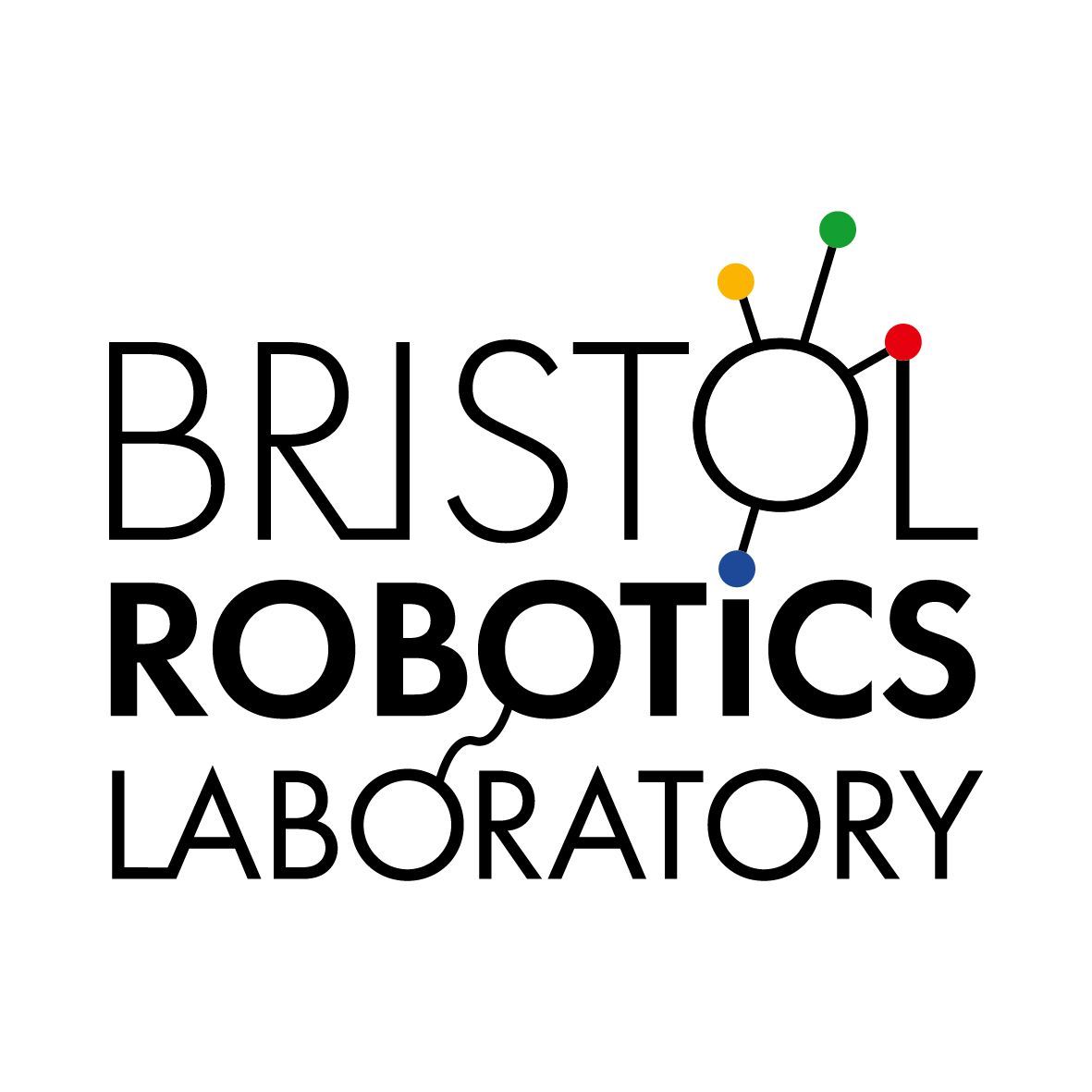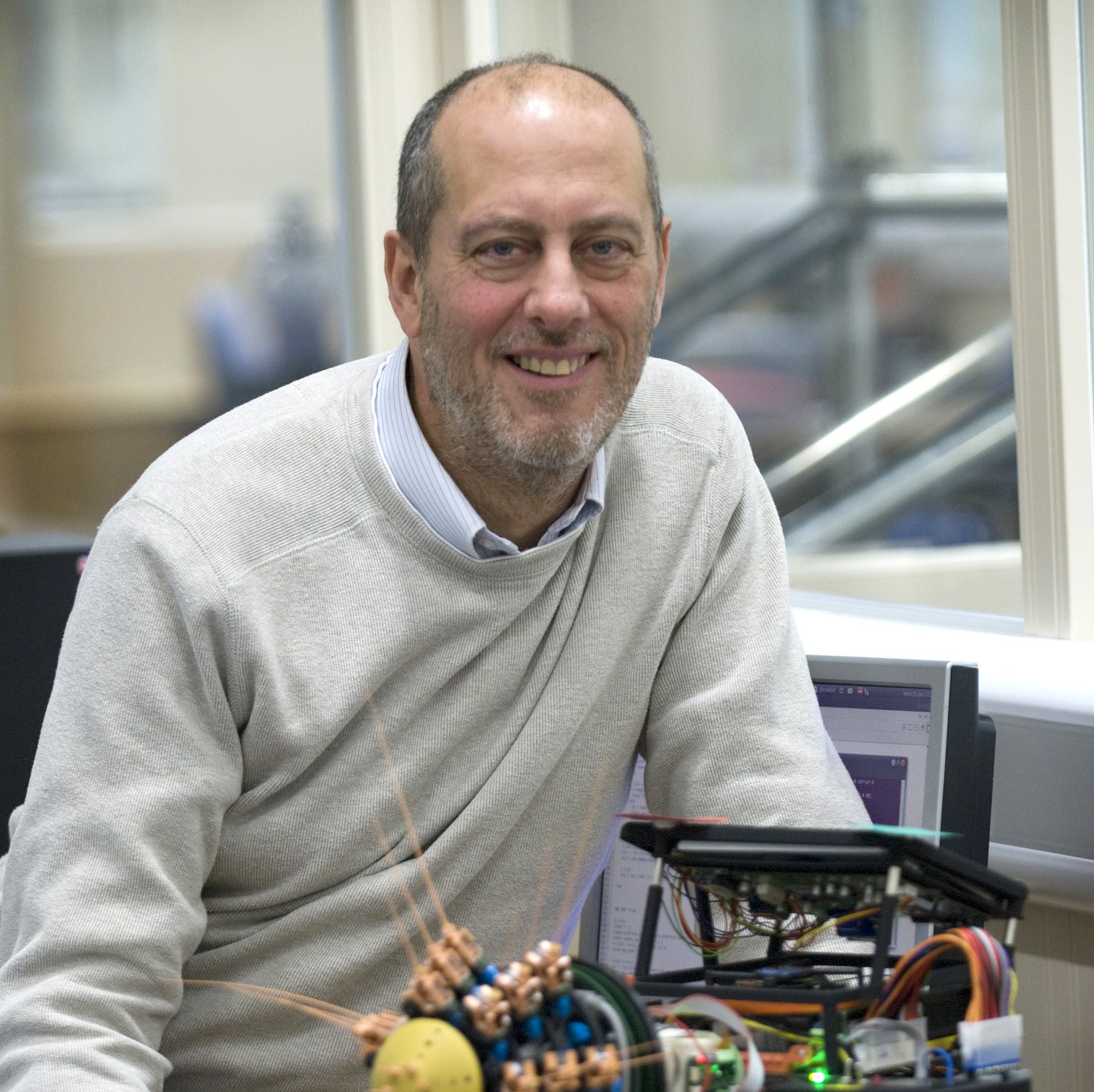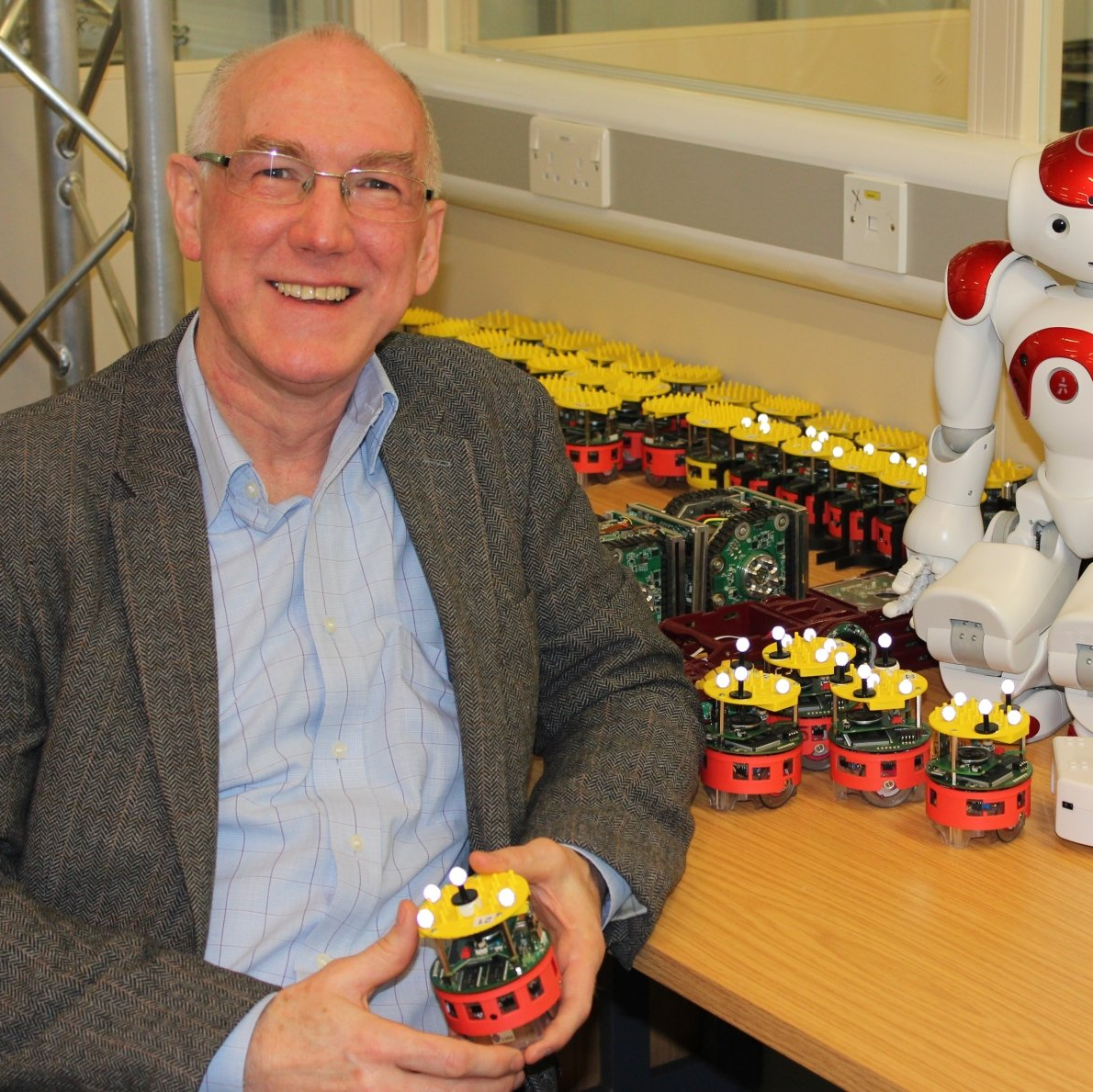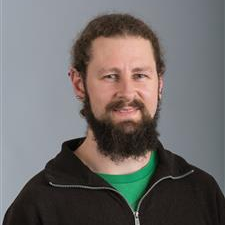Robots for Hazardous Environments
The BRL focus is currently on creating the provision of the technology required to investigate a range of crucial issues surrounding the largest environmental remediation task this country faces.
The Robots for Hazardous Environments research will primarily focus on the safe dismantling of all of the nuclear assets that are currently scheduled for decommissioning in the UK. This challenge is shared by many leading countries around the world, so it is a pressing global issue.
Robotics and Autonomous Systems could unlock huge financial and safety benefits.
Current Projects
BRL researchers are involved with two multi-partner EPSRC-funded projects currently, the second, hub project, being financed via ISCF funds. Total value of these projects during their lifetime is approximately £42M and covers the period from 2017 to 2022 currently.
UWE has also just joined the South West Nuclear Hub.
Robotics for Nuclear Environments (RNE)
This EPSRC-funded Programme Grant project is led by Manchester University, with partners BRL-UWE and Birmingham University
The massive overall task is made even more daunting by the extreme environments encountered in many legacy facilities. These may contain radiological, chemical, thermal and other hazards, restricting access by humans and necessitating the use of robots to complete many jobs. Unfortunately, current robotic technology is not capable of doing a lot of what will be required. Even straightforward tasks such as turning valves on and off, navigating staircases and moving over rough terrain can be problematic. The five-year research programme has been created to address these issues.
The programme’s brief is both extremely clear and immensely challenging – to make major scientific and technological advances to nuclear robots in a very short timescale. Research will be carried out across the home institutions and at the Dalton Cumbrian Facility, in west Cumbria, which has strong links with the nuclear industry.
The parts of the project that form the focus of BRL-UWE contributions are to carry out research in heterogeneous team working, human-robot team interaction, and on-line behaviour risk assessment.
For more information, please visit the Nuclear Robots website.
Virtually There: Presence and the Ethics of Teleoperated Immersion
Virtual reality and teleoperated robotics are increasingly being used in combination to give human operators an enhanced sense of 'presence', or to make them feel more 'immersed' in their tasks, despite being physically removed from the work they are undertaking.
This convergence of technologies is being considered as part of the wider RNE programme, and in this this project we focus on an unexplored area of research where a sense of “being there” may not be desirable, i.e., contaminated environments where VR and teleoperation are used to complete tasks deemed too dangerous to perform in person.
Environments in which a heightened sense of presence could create undue stress on the user of such a system. We will be considering the ethics of these environments and working with nuclear decommissioning teams and audio experts to co-design and develop visual, haptic and auditory data representations that may support nuclear decommissioning tasks in VR.
- Virtually There Workshop -
Unity Audio Sound Designers Wanted
17th & 31st March 2021
We are seeking sound designers with experience of Unity audio development (including FMOD or Wwise) to take part in workshops on the 17th and 31st March. We are interested in studying the effect of sound on people’s sense of presence in virtual environments, particularly simulated hazardous spaces.
The workshops wil l involve designing sounds that convey information for a VR application where teleoperators control robots in a nuclear decommissioning environment.
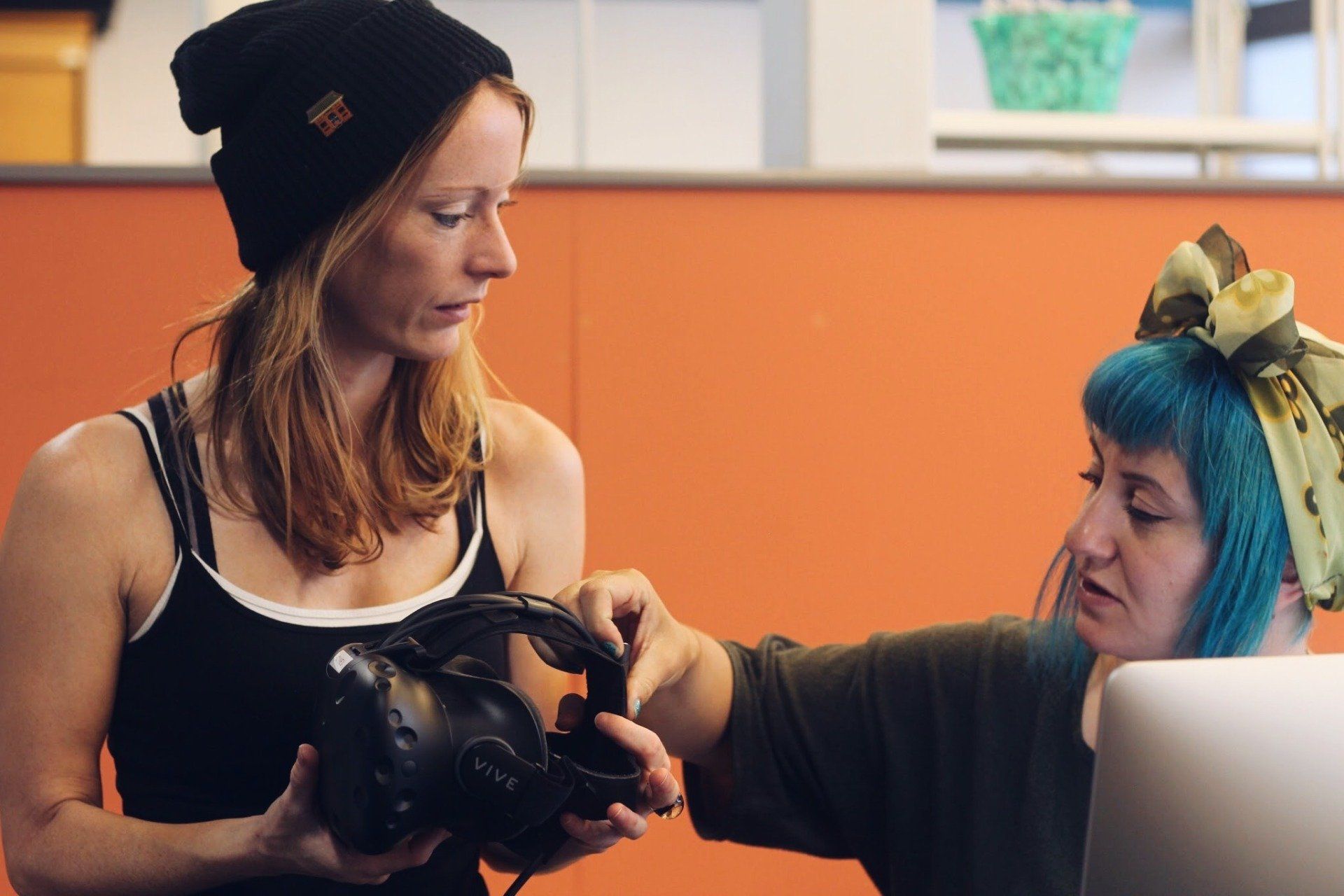
Image credit: TechSpark
The workshops will take place remotely and will involve periods of group discussion and independent work. At the end of each workshop, designers will submit sounds for us to use in subsequent research.
Sound designers will be paid £300 for attending both workshops.
Please email a CV or equivalent along with links to portfolio examples to tom.mitchell@uwe.ac.uk by 3rd March 2021.
We encourage people from a diversity of backgrounds to apply.
National Centre for Nuclear Robotics (NCNR)
This new project is led by Birmingham University in association with University of Bristol
Nuclear decommissioning and the safe disposal of nuclear waste is a global problem of enormous societal importance. The UK alone contains 4.9million tonnes of legacy nuclear waste, representing the largest, and most complex, environmental remediation project in the whole of Europe. UK nuclear clean-up is currently estimated to take over 100 years to complete, with costs as high as £220billion.
At least 20% of this expenditure must involve remote interventions using robotics, because the materials and environments are too hazardous for human workers, even wearing protective air-fed suits.
Although this project has only recently started, the main focus for BRL-UWE will be to research and develop novel interfaces for humans who interact and tele-operate robots in nuclear environments. A prime focus will be on methods for variable autonomy and shared control in this context.
For more information, please visit the National Centre for Nuclear Robotics.
